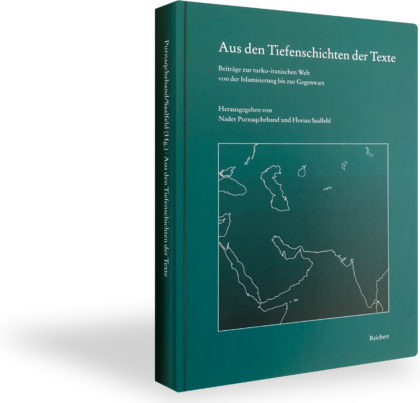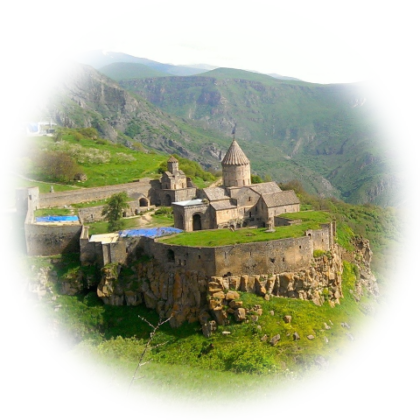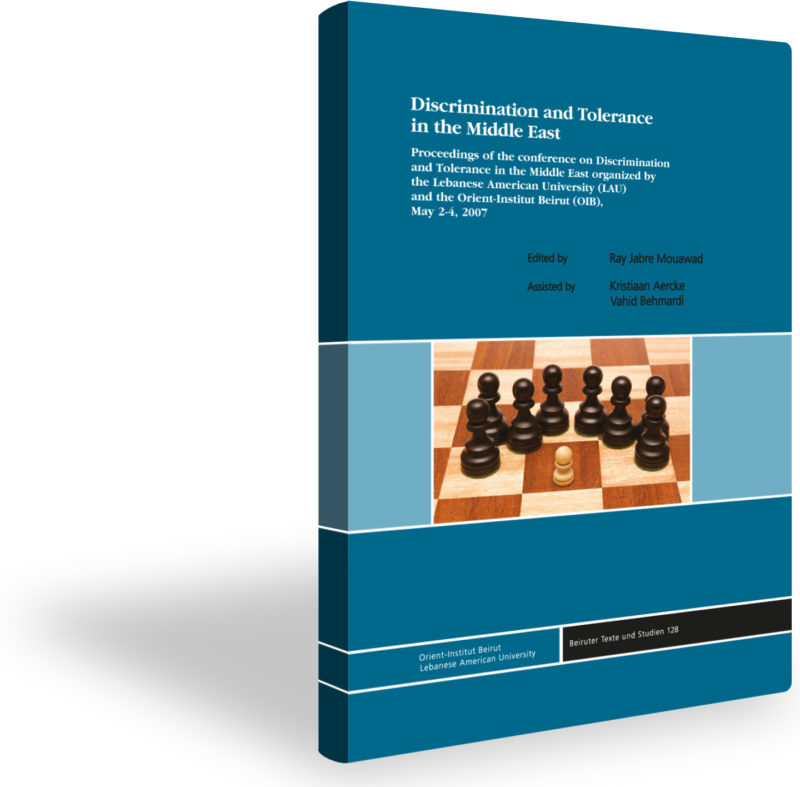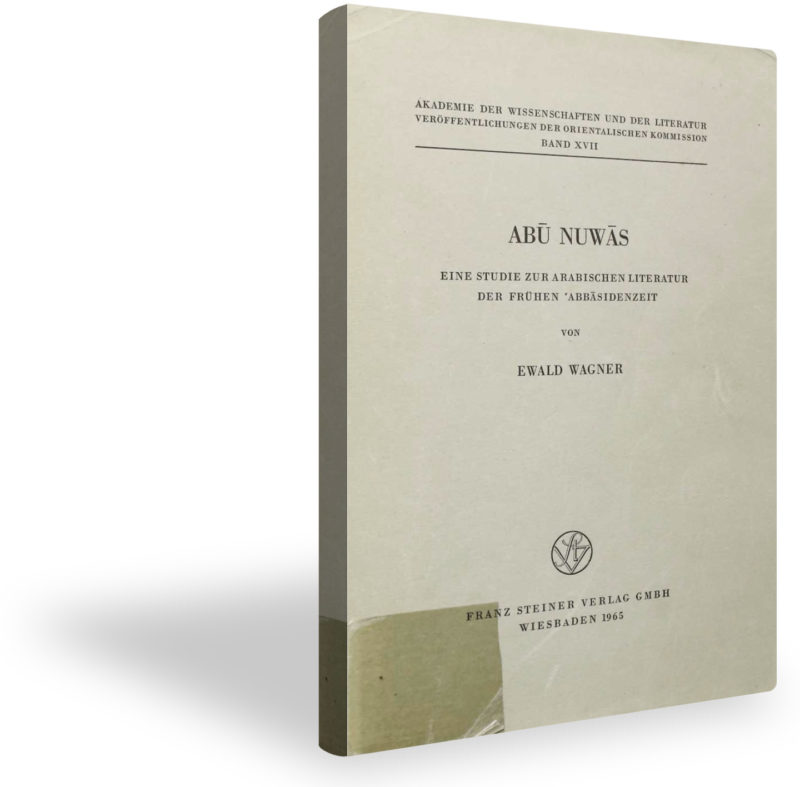 Prof. Dr. Jürgen Paul was professor of Islamic Studies at the Institute of Oriental Studies at Martin Luther University Halle-Wittenberg from 1995 to 2013. On the occasion of … Read more
Prof. Dr. Jürgen Paul was professor of Islamic Studies at the Institute of Oriental Studies at Martin Luther University Halle-Wittenberg from 1995 to 2013. On the occasion of … Read more
Tag Archives: Literature
Summer School: Armenia – Language, Culture and Society
 The summer school “Armenia: Language, Culture and Society” in Yerevan focuses on the most current social issues. In addition to a language course and an examination of the grammatical system of the Armenian language, modules on Armenian literature, music, economics, … Read more
The summer school “Armenia: Language, Culture and Society” in Yerevan focuses on the most current social issues. In addition to a language course and an examination of the grammatical system of the Armenian language, modules on Armenian literature, music, economics, … Read more
Orient Yourself! 9th Student Symposium of Islamic Studies
Poster: Orient Yourself! 9th Student Symposium of Islamic Studies” width=”546″ height=”772″ />Wandel in der islamischen Welt Befreiungskämpfe, Entkolonialisierungsbewegungen, eine Iranische Revolution von 1978/79, der Arabische Frühling, Demonstrationen im Istanbuler Gezi-Park – in den letzten hundert Jahren gingen Menschen aller … Read more
Summer School: Armenia – Language, Culture and Society
 The summer school “Armenia: Language, Culture and Society” in Yerevan focuses on the most current social issues.
The summer school “Armenia: Language, Culture and Society” in Yerevan focuses on the most current social issues.
In addition to a language course and an examination of the grammatical system of the Armenian language, modules on Armenian literature, music, economics, … Read more
New as Open Access: “Discrimination and Tolerance in the Middle East”
Volume 128 of the “Beiruter Texte und Studien”
 Volume 128 of the “Beiruter Texte und Studien” is now freely available here in our open access repository MENAdoc.
Volume 128 of the “Beiruter Texte und Studien” is now freely available here in our open access repository MENAdoc.
The book was edited by Ray Jabre Mouawad and published by the … Read more
Study on Abū Nuwās new on MENAdoc
“Abū Nuwās : a Study on the Arabic Literature of the Early Abbasid Period.” by Ewald Wagner
 Abū Nuwās (756–814) was born in the city of Ahvaz in modern-day Iran. He was a master of all genres of Arabic poetry. … Read more
Abū Nuwās (756–814) was born in the city of Ahvaz in modern-day Iran. He was a master of all genres of Arabic poetry. … Read more
Islamic Scientific Manuscripts Initiative (ISMI)
The Max Planck Institute for the History of Science starts the “Islamic Scientific Manuscript Initiative” (ISMI).
The mission of the Initiative (ISMI) is to make accessible information on all Islamic manuscripts in the exact sciences (astronomy, mathematics, optics, … Read more